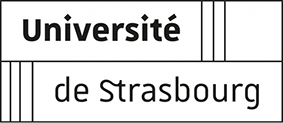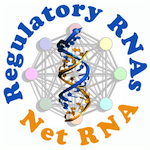RNA viruses form membrane-based replication complexes to multiply their genomes. This complex process requires viral and cellular proteins and uses replication intermediates formed by double-stranded RNA (dsRNA).
Using a small protein capable of specifically recognising dsRNAs, the researchers were able to capture the replication complexes of Arabidopsis plants infected with Tobacco rattle virus (TRV). Mass spectrometry analysis of these complexes revealed the presence of viral proteins and numerous host proteins. In-depth study of one of these proteins, called dsRNA-BINDING PROTEIN 2 (DRB2), revealed that its absence leads to increased viral replication, while its overexpression leads to a decrease in the accumulation of various viruses. These results show that DRB2 has a broad-spectrum antiviral activity.

Figure legend: DRB2 proteins and the dsRNA tag (B2) are colocalised at replication complexes formed by Tomato bushy stunt virus on peroxisomes.
This novel approach has been used to explore the replication of plant viruses and could also be used to study the replication of RNA viruses in other host organisms for basic research and biotechnology purposes.
This work was carried out in Christophe Ritzenthaler’s team at the Institute of Plant Molecular Biology as part of Marco Incarbone’s post-doctoral work. It was published in the journal The Plant Cell on 26 August 2021.















